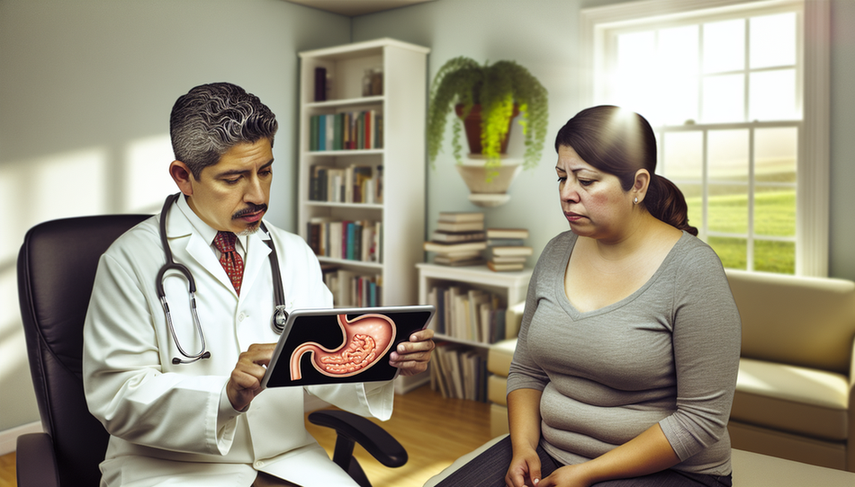Gastric Ulcer Treatment: Pharmacological Therapies, PPI Use, and H. pylori Management for Relapse Control

Gastric ulcers represent a significant clinical challenge due to their recurrent nature and potential for serious complications. The gastric ulcer treatment landscape has evolved considerably, focusing on the eradication of H. pylori, the use of PPIs (proton pump inhibitors), and careful management of NSAIDs (non-steroidal anti-inflammatory drugs). This article reviews current pharmacological therapies and strategies to prevent the recurrence of gastric ulcers.
Pharmacological Therapies and Management Strategies
The pharmacological treatment of gastric ulcers primarily centers on gastric acid suppression and the eradication of H. pylori. PPIs are the cornerstone of treatment, providing effective reduction of gastric acidity and facilitating mucosal healing. Furthermore, the eradication of H. pylori is crucial, as this bacterium is implicated in the pathogenesis of ulcers, and its elimination significantly reduces recurrence rates.
Regarding mucosal protectants, agents such as rebamipide have proven effective in reducing ulcer recurrence by inhibiting inflammation and oxidative damage in the gastric mucosa (1). Additionally, new therapies are being explored, including the use of medicinal plant extracts, which have shown promising gastroprotective and antiulcer properties (2).
Management of NSAIDs is another critical aspect of gastric ulcer treatment. Co-administration of PPIs with NSAIDs can prevent ulcer formation in patients requiring these medications for chronic pain management (3). Moreover, identifying and addressing risk factors, such as concomitant use of anticoagulants, is essential to minimize the risk of complications.
Conclusions
The treatment of gastric ulcers has advanced significantly, but preventing recurrence remains a challenge. The combination of pharmacological therapies, such as PPIs and the eradication of H. pylori, along with careful management strategies for NSAIDs, is fundamental for long-term success. Ongoing research into new therapies, including natural agents and mucosal protectants, offers hope for further improving the management of this prevalent condition.
Referencias
- [1] Rebamipide reduces recurrence of experimental gastric ulcers: role of free radicals and neutrophils.
- [2] Aqueous extract of the bark of Uncaria tomentosa, an amazonian medicinal plant, promotes gastroprotection and accelerates gastric healing in rats.
- [3] Marshall and Warren Lecture 2009: peptic ulcer bleeding: an expedition of 20 years from 1989-2009.
- [4] Optimal management of peptic ulcer disease in the elderly.
- [5] Eradication of Helicobacter pylori in clinical situations.
Created 2/1/2025
